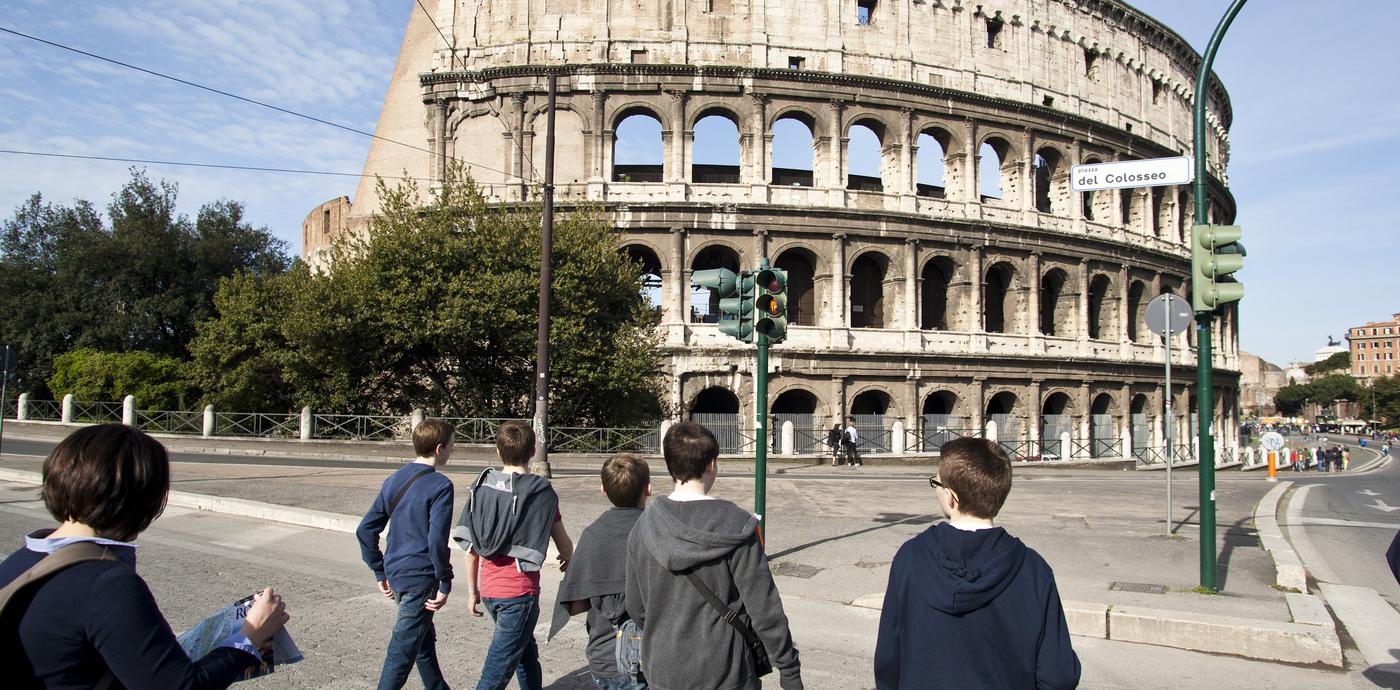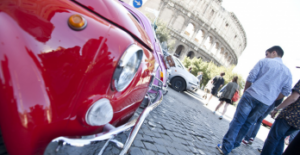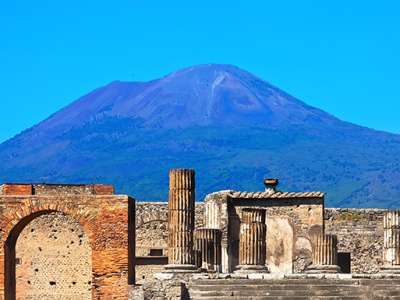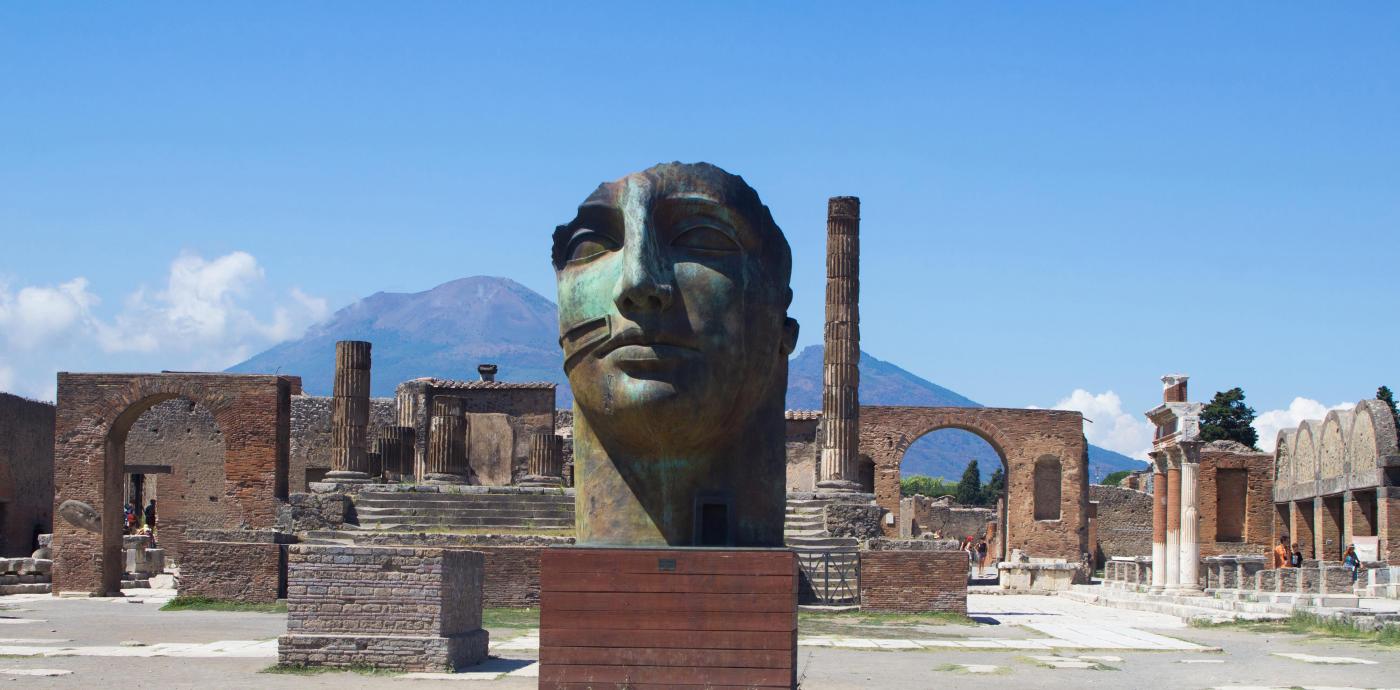Classics Trip to Bay of Naples: 5 days, 4 nights
With its wonderful classical heritage, this trip to Bay of Naples will take your students on a fascinating journey back in time. We have offered a sample itinerary but we will tailor-make your tour with excursions that best fit your curriculum requirements and exam syllabus. Call us or speak to your local Travel Advisor for details and advice.
Similar tours
Excursion Ideas
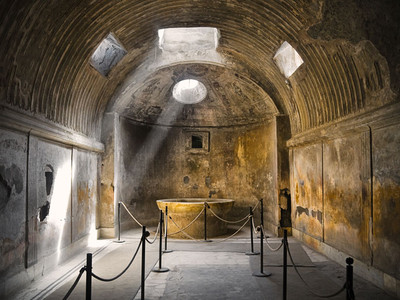
Pompeii
Subject range: Geography
What you’ll experience: Pompeii is one of the most significant proofs of Roman civilization. The thick layer of volcanic material which submerged it, made up to a large extent of ash and lapilli – non-hard material, unlike that which covered Herculaneum and which solidified into extremely hard stone -has meant that the city has remained intact, not just buildings but also the contents of houses and shops which provide an absolutely fascinating picture of ‘daily’ life.
Select says: The site has minimal shade, so it’s important for students to bring sunscreen, a hat and water.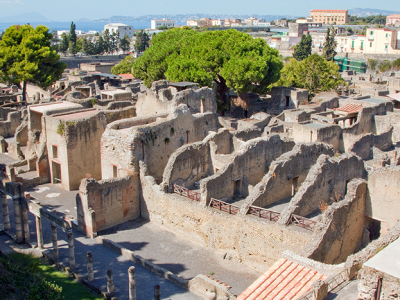
Herculaneum
Subject range: Classics
What you’ll experience: Herculaneum was an ancient Roman fishing town that was essentially fossilised by the pyroclastic flows from the eruption of Mt Vesuvius in 79 AD. The Ruins of Herculaneum have a wealth of archaeological finds including carbonised furniture, ancient advertisements, mosaics, clothing and even terror-struck skeletons.
Select says: Many of the inhabitants that tried to escape by boat were suffocated by the volcano’s poisonous gases. What appears to be a moat around the town is in fact the ancient shoreline.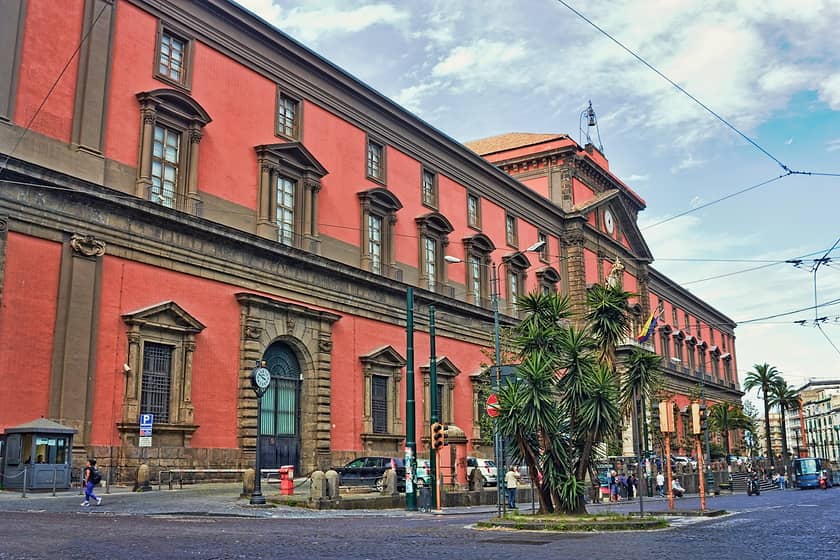
Naples National Archaeological Museum
Subject range: Geography, History
What you’ll experience: What you’ll see: The most important archaeological museum in Italy, containing many interesting finds from Pompeii, Stabiae and Herculaneum, doomed cities after the eruption of Mount Vesuvius in 79AD. There are incredibly well preserved pieces of art such as the mosaics, frescoes and sculptures from the sites, but you will also be able to see some amazing ancient Egyptian and Greek artefacts.
Select says: In about 1543 when Pompeii was first discovered, it began to be heavily looted. The Pope arranged for items to be removed and today many of these items are on display here.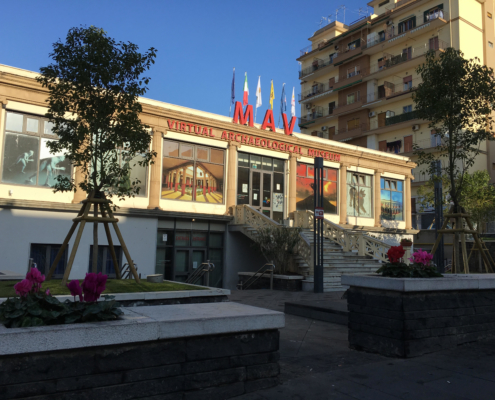
MAV Museum
Subject range: History
What you’ll experience: The MAV Museum (Museo Archeologico Virtuale) in Naples offers an immersive experience into ancient history through cutting-edge technology. Located near the archaeological sites of Herculaneum and Pompeii, the museum uses virtual reality and interactive exhibits to bring the ancient Roman world to life. Visitors can explore 3D reconstructions of temples, streets, and daily life from these famous cities before the eruption of Mount Vesuvius. The MAV Museum combines history with technology, making it an exciting and educational destination for students and visitors interested in archaeology, history, and innovation.
Classics Trip to Bay of Naples: 5 days, 4 nights Accommodation
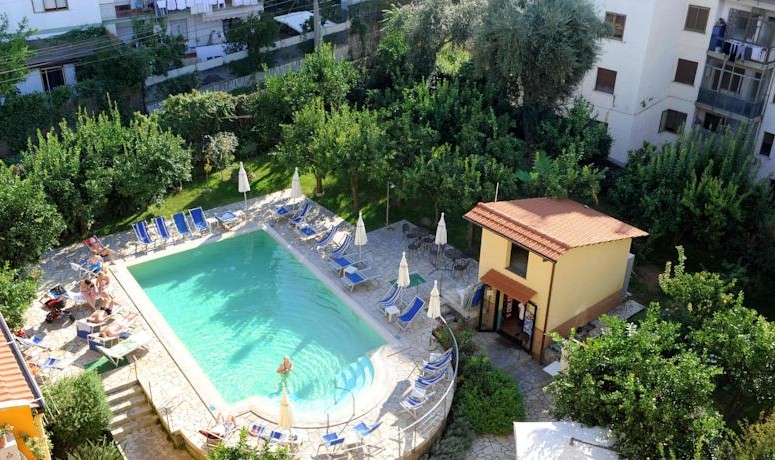
Hotel Tourist
Location: Sorrento
Capacity: 100
Conveniently located in the heart of Sorrento, a 15 minute walk to the port.
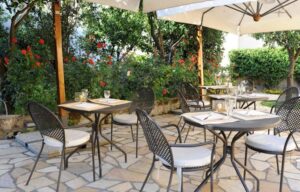
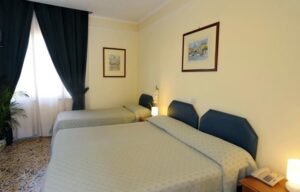
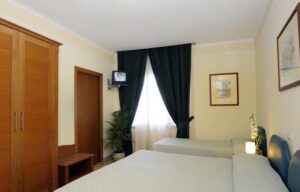
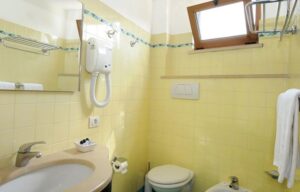
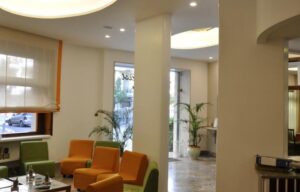
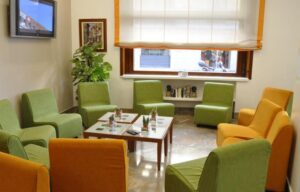
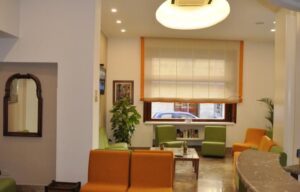
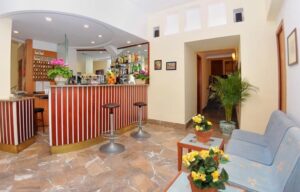
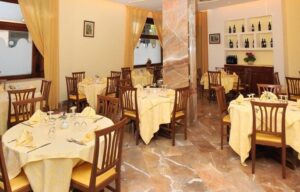
Rooms: Rooms: All rooms have en-suite facilities.
Facilities: Facilities: Restaurant, 24 hour reception, swimming pool.
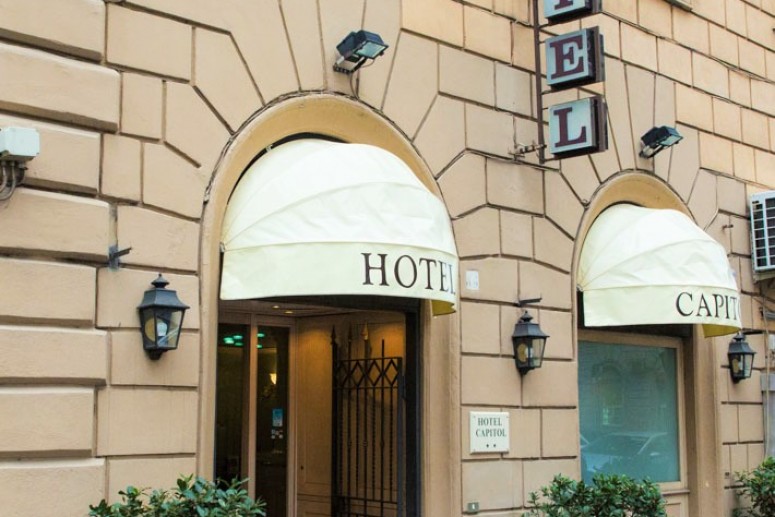
Hotel Capitol
Location:
Capacity: 100
The Hotel Capitol is ideally located near to the Roma Termini Railway Station in the historical centre of the city, and is close to all the main monuments. The Hotel Capitol is located in a historic late Nineteenth century building and staff are friendly and English speaking. A great choice for your school tour to Rome!
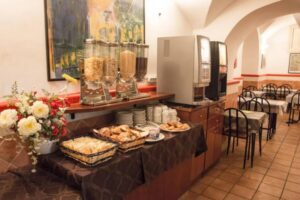
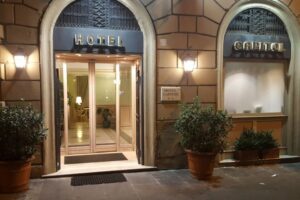
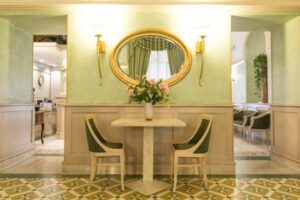
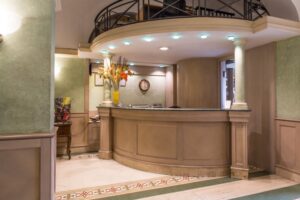
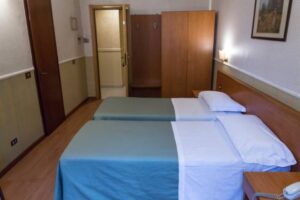
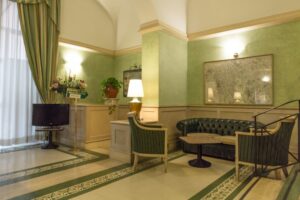
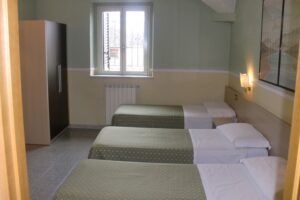
Rooms: Rooms: All rooms have en-suite facilities, TV, air conditioning and WiFi.
Facilities: Facilities: Comfortable reception, the rooms occupy the six upper floors and can be reached by a modern elevator from the mezzanine floor.
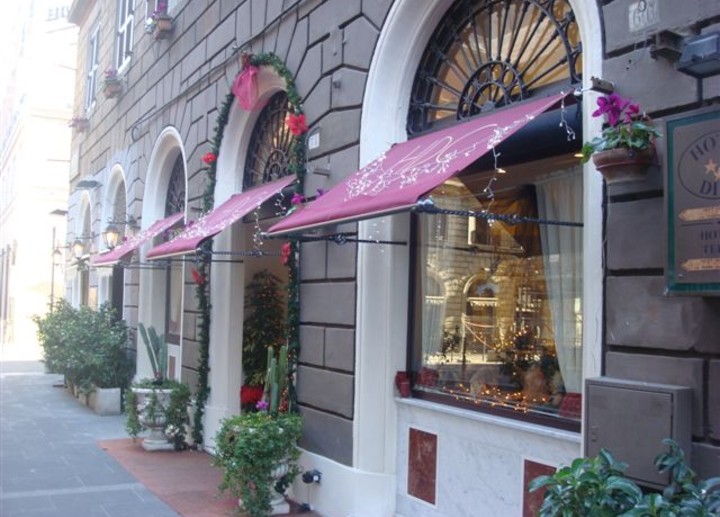
Hotel Dina
Location: Rome
Capacity: 100
Centrally located in Rome, close to the main train station. The Hotel Dina offers authentic Italian style accommodation in a great location.
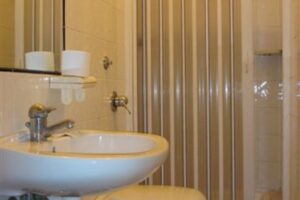
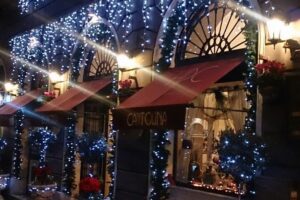
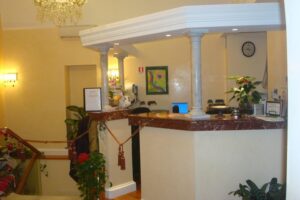
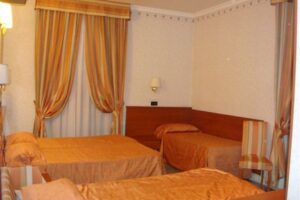
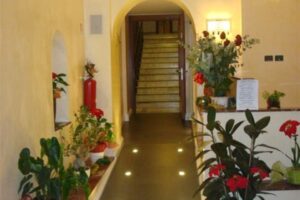
Rooms: Rooms: Bedrooms with en-suite bathroom, television, radio.
Facilities: Facilities: Reception, breakfast room.
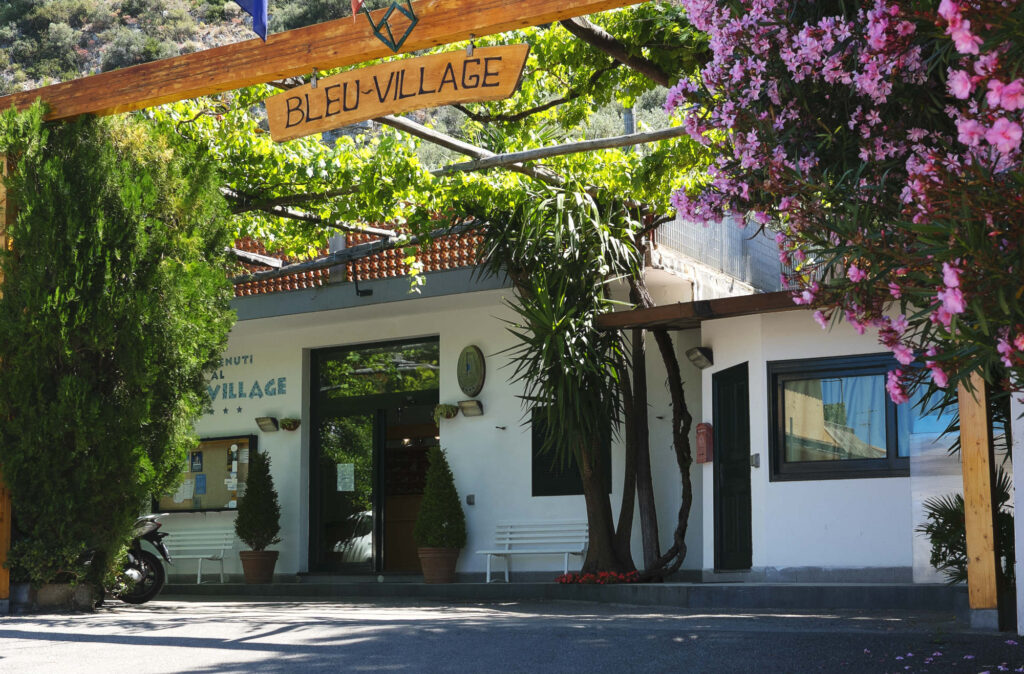
Bleu Village
Location: Sorrento
Capacity: 76
Bleu Village is located just 4 km from Sorrento and offers you gorgeous views of the Gulf of Naples. There is plenty to keep you entertained within the complex, from the swimming pool with its water slides to table tennis. In the lush Mediterranean gardens, complete with the citrus trees typical of the area, you will also find a football and volleyball pitch, as well as the hotel’s own restaurant.
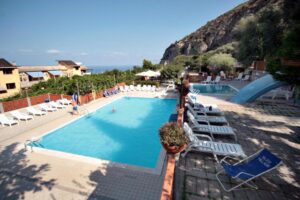
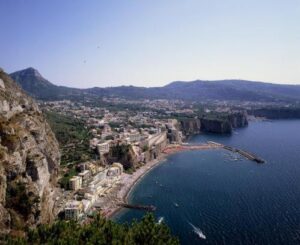
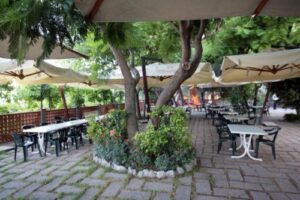
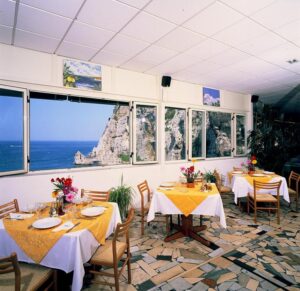
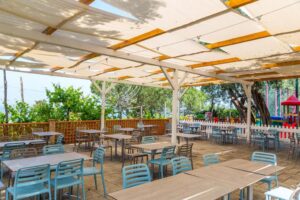
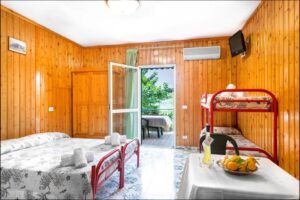
Rooms:
Facilities:
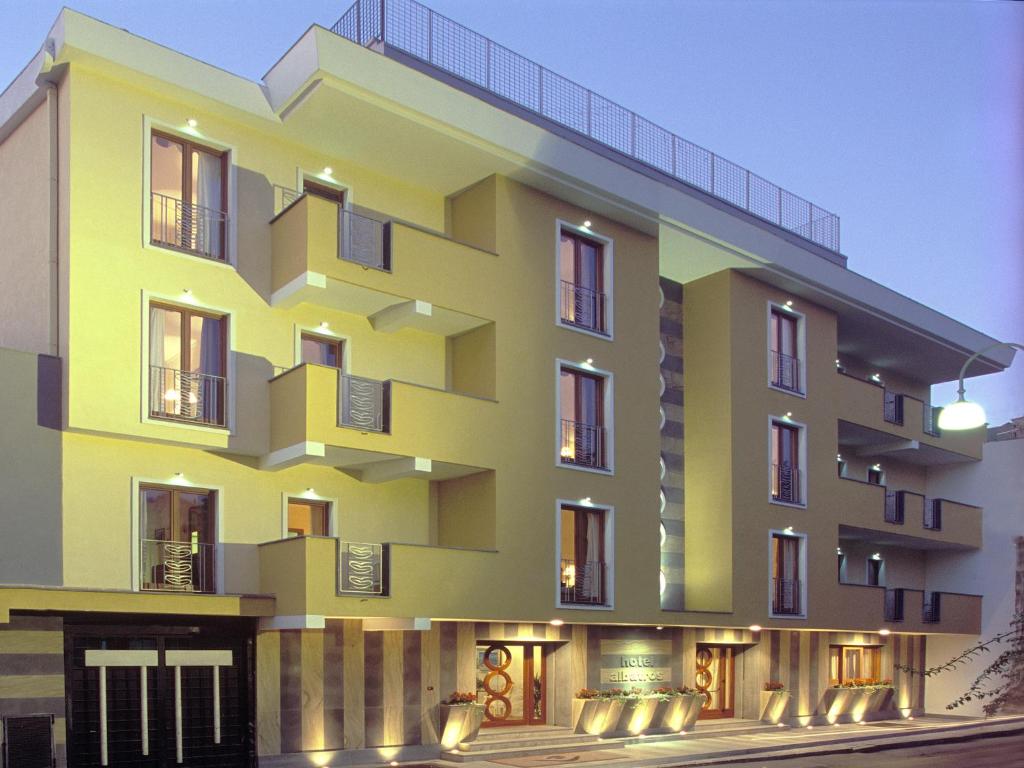
Hotel Albatros
Location: Sorrento
Capacity:
Just a 10-minute walk from the Meta di Sorrento beach, 1km far from the property, Hotel Albatros has an outdoor swimming pool and sunny terrace.
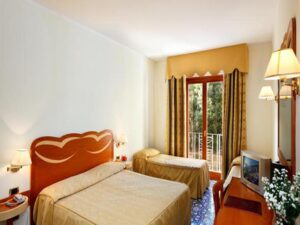
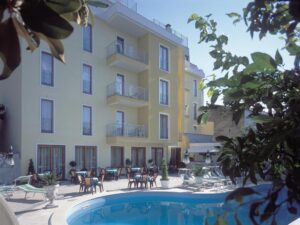
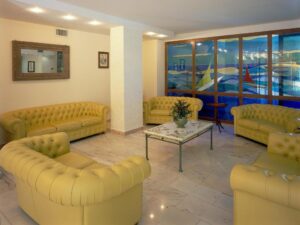
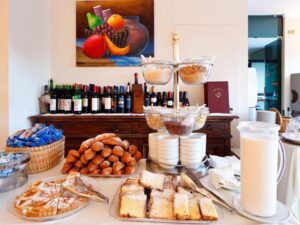
Rooms:
Facilities:
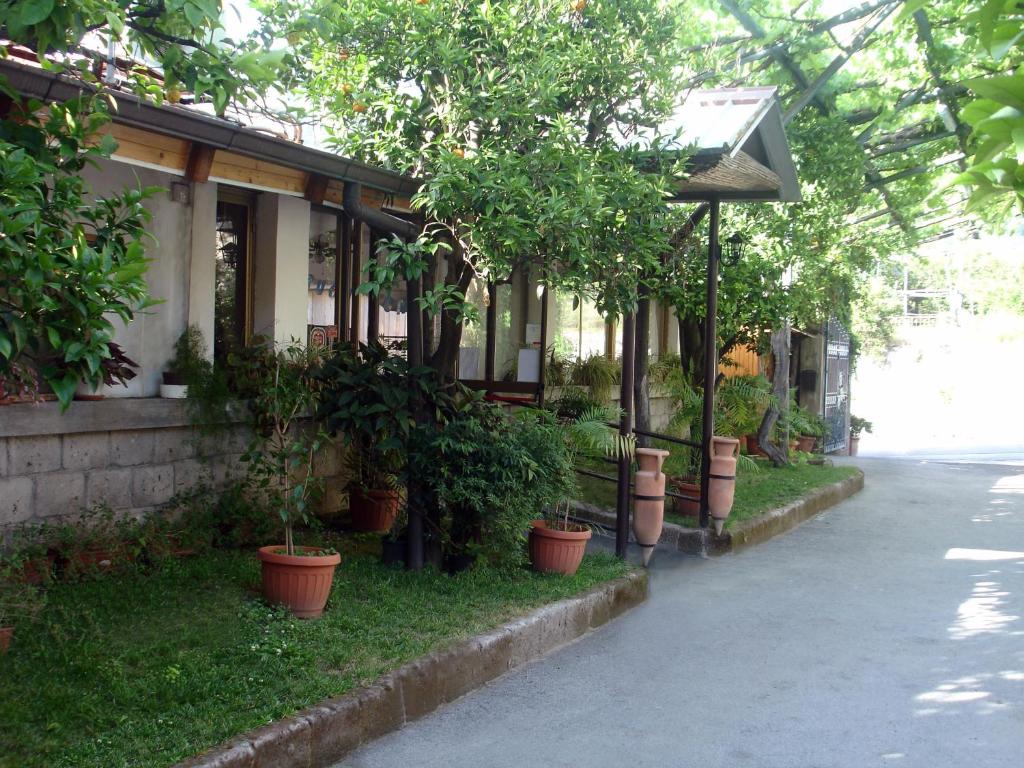
Fiori D’Arancio
Location: Sorrento
Capacity:
The Fiori d'Arancio holiday village is set in a quiet location in the peninsula of Piano di Sorrento popular for its beautiful beaches. The holiday village is located in an orange grove on a hillside near the town but far enough away that guests can enjoy the peaceful atmosphere as they relax by the swimming pool.
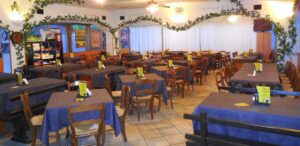
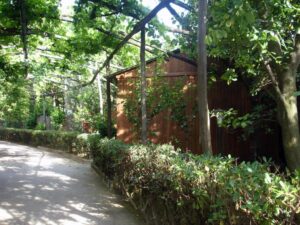
Rooms:
Facilities:
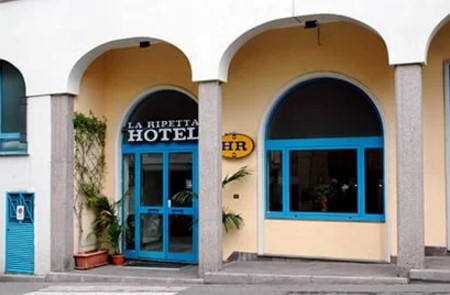
Hotel Ripetta
Location: Piano di Sorrento
Capacity: 120
Located in Piano di Sorrento, 800m from Circumvesuviana the local train station, this welcoming, family-run hotel offers stunning views of the Bay of Naples and is within easy walking distance of the local marina. Sorrento city centre is 5km away.
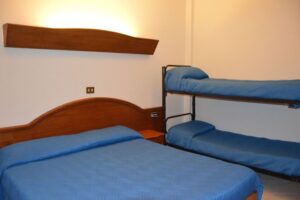
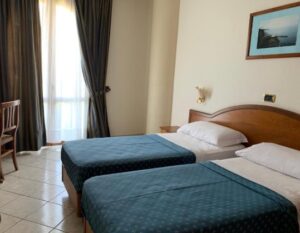
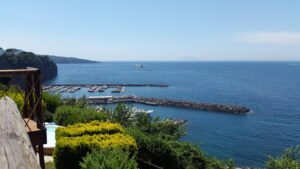
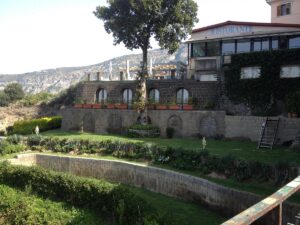
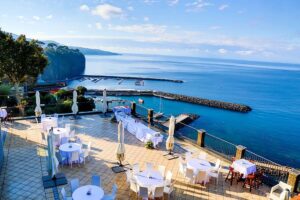

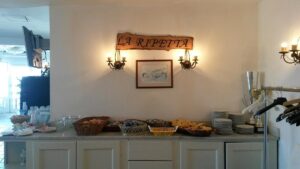
Rooms: Bedrooms sleep 2-4 people, are all en-suite and feature air conditioning and WI-FI.
Facilities: Restaurant, 24 hour reception, wellness centre (teachers only), rooftop terrace.
Links to Learning
Learning areas:
KS4
OCR Ancient History
- The origins of Rome: The kings, 753–508 BC
- Hannibal’s invasion and defeat, 218–146 BC
- The Hellenistic world 323–133 BC
OCR Classical Civilisation
- City Life in the Classical World
- Community Life in the Classical World
- Culture and Society in the Classical World
OCR Latin
- Demonstrate an understanding of the cultural, historical and literary context in which the literature was composed
- Select, analyse and evaluate evidence to draw informed conclusions and make a reasoned, evidence-based response to the material studied.
- Use a range of ancient sources including literary, inscriptional and archaeological
- Identify aspects of content, culture, social practices and values, as appropriate to the sources studied
AQA Classical Civilisation
- Greece and Rome: Stories and Histories
- Greece and Rome: Drama and Life
- Greece and Rome: An Evaluative Study
KS5
AQA Classical Civilisation
- Roman Architecture and Town Planning
- Roman Epic
- Women in Athens and Rome
- Menander and Plautus – society and values
- The Life and Times of Cicero – history and politics
- The Second Punic War
OCR Classical Civilisation
- Comic Drama in the Ancient World
- Roman History: the use and abuse of power
- Roman Society and Thought
- City Life in Roman Italy
OCR Latin
- Understand and appreciate the literary context from which the set texts have been taken by reading an appropriate selection of ancient literature in English translation
- Understand and appreciate, as appropriate, the social, cultural and historical contexts for the set texts, their authors and audiences
- Demonstrate appropriate historical and/or cultural knowledge when necessary for the understanding or evaluation of a given phrase, sentence or passage
Select Extras:
Try the resource ‘Time for Kids’ for a history timeline and more.
How about giving your students a taste of the Italian language pre-tour? Try these resources:

